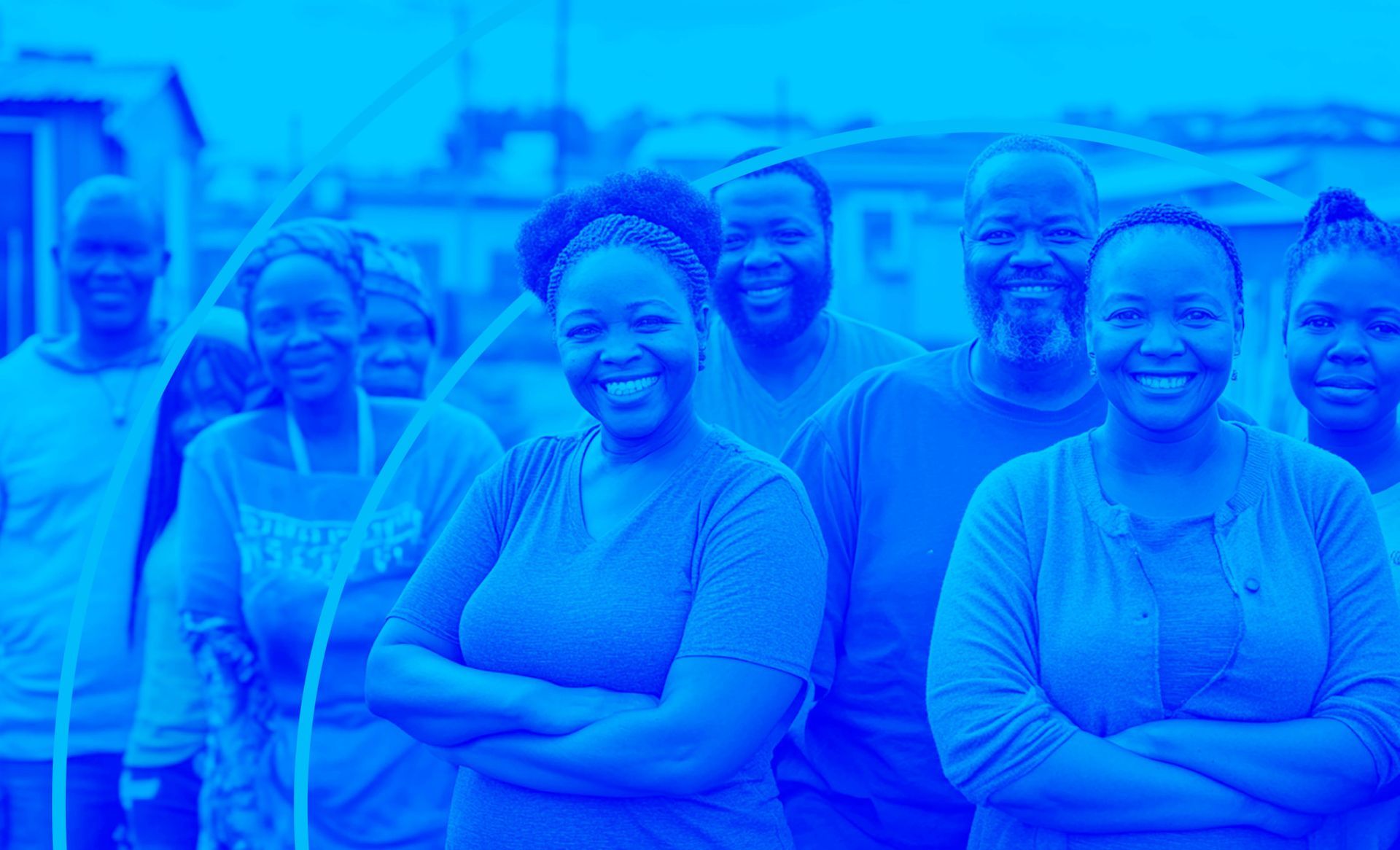How to tell the difference between good and bad debt
Debt can feel like a weight on your back when you have more to repay than what you earn, however not all debt is bad. In fact, having no debt (no credit record) could actually count against you when it comes to applying for a personal loan, home loan or vehicle finance for example.
This is why managing your debt and knowing the difference between good and bad debt is important. Proper debt-management could help improve your life, your credit score and ultimately even help you create wealth (if you work wisely with what you borrow and use it to make more money).
This is where the concept of good debt vs bad debt comes into play.
Good debt takes you forward financially
So, what is good debt? Good debt is an investment in your financial future. It helps to create a firm foundation and could even help improve your future earning potential. Before taking out a loan and going into debt, ask yourself these questions first:
- Is this the most affordable loan/option available to me?
- What is the interest rate? (Lowest interest rates are not always the best option – sometimes a low interest rate comes with high charges at the end of the term, so do your research first.)
- What are the repayment terms? Can I really afford it?
- What are the charges, including hidden charges?
Some examples of good debt are home loans, student loans and business loans. However, there are no guarantees and you should always be cautious when going into debt, especially in South Africa’s current economic climate. For example, paying off your student loan might be difficult if you’re unable to secure full-time employment.
Bad debt adds stress to your financial situation and slows down your progress
Bad debt is often associated with impulse purchases. If you are in the habit of buying day-to-day items such as foods and disposable products, or paying your daily bills using credit, it can very quickly lead you into a situation where you are overcome by bad debt. A few examples of bad debt are:
- Using your credit to purchase luxury items that you can’t really afford.
- Taking out one-month loans from unregulated institutions to finance an immediate need.
- Buying clothes and other items on clothing store accounts (which usually have very high interest rates).
Grey area
Too much debt, whether it’s “good” or “bad”, can quickly add up. If not managed properly, even good debt can become bad debt and may even lead to forced debt counselling. Below are a few grey areas:
Credit cards can be used to finance large expenses and there’s no doubt that they can be useful, as long as you pay off the balance each month. However, credit cards also often come with a high interest rate and you could be in trouble if you allow it to build up.
Vehicle finance can be good or bad debt. If you need a car to help you earn income and you can manage the monthly repayments, as well as associated costs like insurance and petrol, vehicle finance would be good debt. However, a new car loses value as soon as you drive away in it, so it is wise to rather consider buying a demo model or a used car. Whatever you decide, make sure it fits into your monthly budget.
Borrowing money to get out of debt is not usually a good decision. However, consolidating your debt can sometimes be a simpler way to manage your money when your goal is to regain financial stability.
One of the trusted ways for South Africans to borrow money traditionally has been from their stokvels. This could be for any number of reasons and now StokFella is bringing you the option to stokvels in a seamless, easy way that will save you money, provide transparency and ultimately create more wealth for your stokvel club in the long run. With just good saving behaviour, your stokvel can qualify for a loan of R1000 to R250 000 when it saves with a Nala Club Account on StokFella. Plus your stokvel earn income from your loan. Why borrow money from a bank when you can borrow it from your own “bank”?
Get in touch with us today if you would like to know more.
StokFella is a licensed FSP 48812 and Credit Provider NCRCP12735 T & Cs Apply











